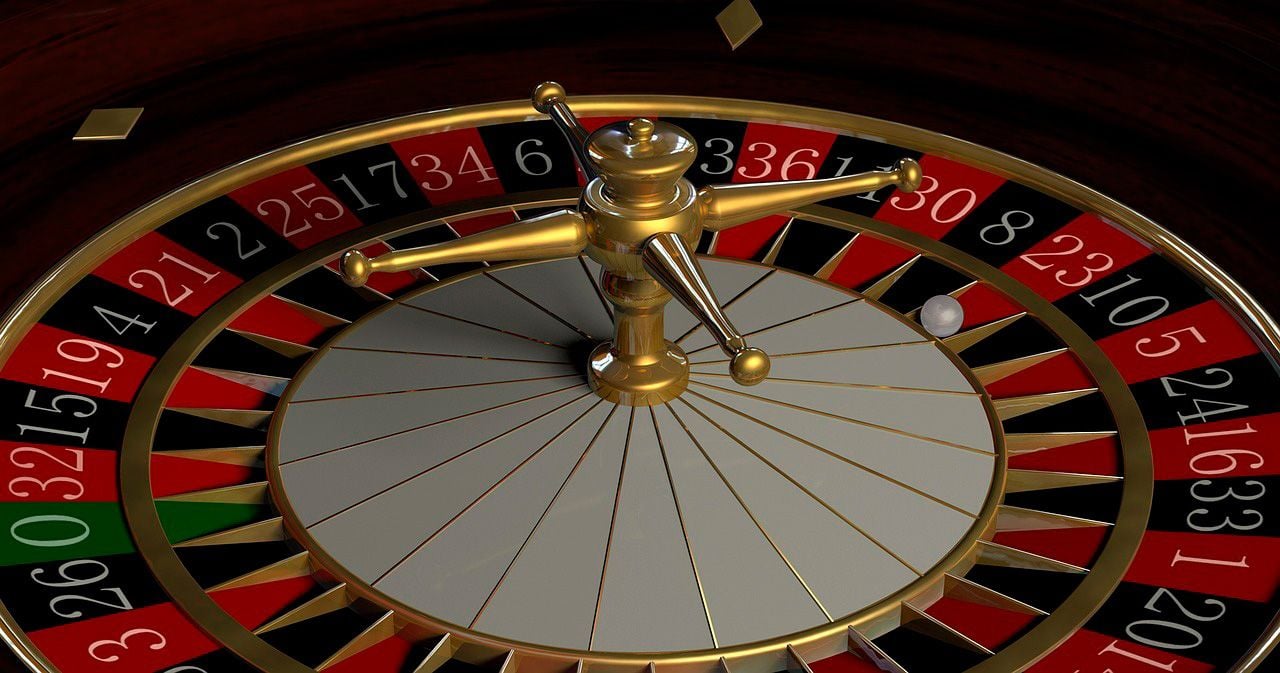
Casino experiences have long captured the interest of people around the planet, becoming an essential part of both entertainment and society. From the glimmering lights of Las Vegas to the captivating experience of internet gambling, these games evoke excitement, uncertainty, and sometimes even a sense of sentimentality. They are more than simply pastimes; they have woven themselves into the tapestry of society, influencing various aspects from film and melodies to clothing and literature.
The appeal of casino games transcends the gambling aspect, tapping into wider themes of fortune, possibility, and psychology. As players assemble around a poker table or turn the roulette, they engage in an ancient ritual that echoes with our collective desire for thrill and unpredictability. This obsession has led to the emergence of many references in cinema, songs, and gaming, showcasing how deeply entrenched these pastimes are in mainstream culture. Whether it is the high-stakes tension of a traditional robbery film or the vibrant nightlife portrayed in videos, casino games have carved out a substantial niche that reflects our connection with risk and reward.
Historical Importance of Gambling Activities
Casino games have played a pivotal role in social contexts throughout history. Originating from ancient civilizations, games of chance were often linked to rituals or events. For example, early iterations of gambling can be linked back to ancient Chinese and the Roman Empire, where die games and betting on outcomes were common pastimes. These activities not only served as leisure but also as means of connecting people, facilitating connections among individuals within societies.
As cultures evolved, so did the sophistication and organization of gambling games. The establishment of formal casinos in the 17th century, particularly in Italy, marked a major shift in how games were viewed and structured. With designated spaces for gambling, the casino became a social hub where people from different backgrounds gathered. non UK registered gambling sites This evolution contributed to the validation of gambling, transforming it from a mere pastime into an organized industry that influenced economy and policy.
The impact of casino activities on popular culture cannot be understated. As they were brought into the limelight in literature and film, games such as Texas Hold’em and blackjack became icons of chance, luck, and strategy. Iconic characters and stories have emerged around these games, reflecting societal views towards fortune, prosperity, and vice. This fascination with gambling games has infiltrated various forms of media, cementing their place in the public imagination and linking them to wider cultural stories throughout the ages.
Portrayal of Gambling Games in Entertainment
Casino activities have long been a popular theme in different types of entertainment, reflecting both the fascination and complexities of the world of gambling. Movies such as Ocean’s Eleven and Casino Royale portray characters who navigate dangerous scenarios, showcasing not only the appeal of the casino atmosphere but also the methods and choices that come with playing popular games like poker and blackjack. These films often dramatize the thrill of winning and the potential results of losing, encapsulating the perils involved in gambling.
Television shows have also explored the realm of gambling activities, often integrating them into the plot as a context for character arcs and drama. Series like Vegas depict the lives of casino workers and customers, highlighting the vibrant, often chaotic energy of the casino floor. Reality shows featuring high-stakes gambling competitions further emphasize the fascination of casino games, drawing viewers into the drama and planning involved in each round. Through these portrayals, media not only amuses but also sparks conversations about luck, skill, and the essence of chance.
Gaming have increasingly incorporated casino games into their design, allowing players to experience the feeling of betting without financial exposure. Games within the domain of digital gaming often include virtual slots, poker, and other casino favorites, creating an immersive gameplay that mirrors real-life gameplay. These virtual portrayals make casino games accessible to a worldwide viewer base, appealing to both gamblers and those who enjoy the excitement of virtual experiences. As a outcome, the portrayal of casino games in media continues to shape societal views and cultural relevance, highlighting their place in entertainment and the cultural landscape.
Impact of Gambling Activities on Society
Casino games have a meaningful impact on communities, affecting multiple facets of societal norms and interpersonal behavior. They often function as a venue for community engagement, where people come together to enjoy a common experience. Game nights with friends or visits to casinos become social activities that foster connections and create shared moments. This collective aspect enhances the entertainment value of gambling activities, making them a favored choice for celebrations and leisure activities.
Moreover, gambling activities have been depicted in numerous films, television shows, and literature, influencing perceptions and opinions towards gambling and betting. Icons like James Bond playing baccarat or the intense poker scenes in films have embedded these games in the shared imagination. This depiction often idealizes the culture associated with gambling, attracting new players and influencing trends in both style and behavior. These portrayals can spark curiosity and lead to a more profound investigation of the nuances of gaming.
Nonetheless, there are also negative implications associated with the widespread appeal of gambling activities. The temptation of quick monetary gain can lead to gambling addiction and financial troubles for some people. The community must grapple with these consequences, promoting responsible gambling and awareness of the risks involved. Balancing the fun aspect of casino games with the risks is vital to ensure that they remain a beneficial aspect of our societal fabric.
